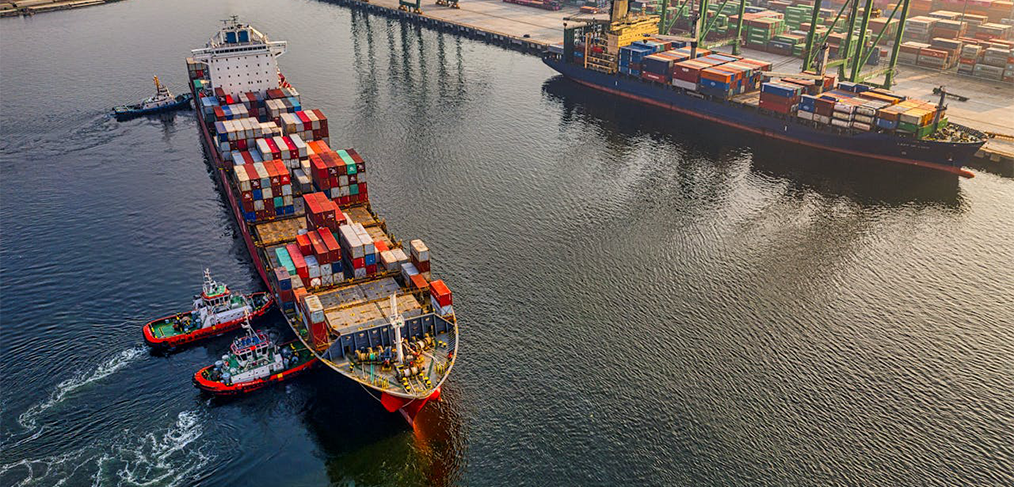In the intricate world of agro business, understanding Incoterms is paramount for seamless operations and profitable transactions. These internationally recognized terms delineate responsibilities between buyers and sellers, ensuring clarity and efficiency throughout the supply chain.
Understanding Incoterms
Incoterms, short for International Commercial Terms, are a set of standardized rules established by the International Chamber of Commerce (ICC). They define the tasks, costs, and risks associated with the transportation and delivery of goods.
Streamlining Agro Transactions: For agro businesses, clarity on Incoterms is indispensable. Whether trading in grains, fruits, or livestock, these terms dictate crucial aspects such as delivery point, transfer of risk, and allocation of costs. By adhering to a specific Incoterm, parties can avoid misunderstandings and disputes, thereby fostering smoother transactions.
Mitigating Risks
In the volatile agro industry, risks abound, from fluctuations in commodity prices to logistical challenges. Incoterms help mitigate these risks by clearly outlining responsibilities at each stage of the transaction. Whether it’s FOB (Free on Board), CIF (Cost, Insurance, and Freight), or EXW (Ex Works), choosing the appropriate Incoterm is key to managing risk effectively.
Facilitating Global Trade
Agro businesses often operate on a global scale, necessitating robust trade agreements and logistical arrangements. Incoterms serve as a lingua franca in international trade, bridging cultural and linguistic barriers. With a common understanding of Incoterms, agro businesses can engage confidently in cross-border transactions.
Understanding the Incoterms Rules
- EXW (Ex Works): The seller makes the goods available at their premises. The buyer bears all costs and risks from that point onwards.
- FCA (Free Carrier): The seller delivers the goods to the carrier or another person nominated by the buyer at a specified place. The buyer assumes responsibility from that point.
- FAS (Free Alongside Ship): The seller delivers the goods alongside the vessel at the named port of shipment. The buyer assumes all responsibility once the goods are alongside the ship.
- FOB (Free on Board): The seller is responsible for delivering the goods on board the vessel at the named port of shipment. Risk transfers to the buyer once the goods are on board.
- CFR (Cost and Freight): The seller delivers the goods on board the vessel at the port of shipment. They are responsible for the costs and freight to the named destination port. Risk transfers to the buyer once the goods are on board.
- CIF (Cost, Insurance, and Freight): Similar to CFR but with the addition of insurance, which the seller arranges for the buyer’s benefit.
- CPT (Carriage Paid To): The seller delivers the goods to a carrier or another person nominated by them at a named place. They are responsible for the costs of carriage to the named place of destination.
- CIP (Carriage and Insurance Paid To): Similar to CPT but with the addition of insurance, which the seller arranges for the buyer’s benefit.
In the dynamic landscape of agro business, understanding Incoterms is non-negotiable. From optimizing logistics to managing risks and fostering international trade, these standardized rules play a pivotal role in driving efficiency and profitability. By embracing Incoterms, agro businesses can navigate the complexities of global trade with confidence and clarity.

